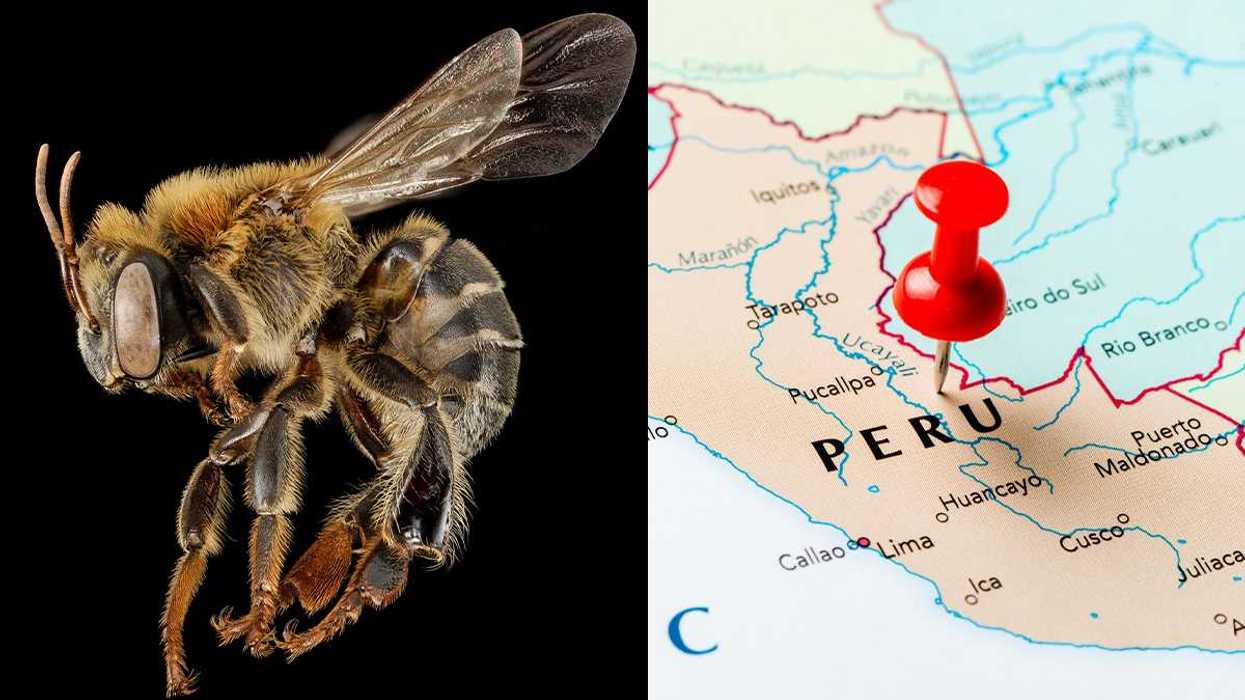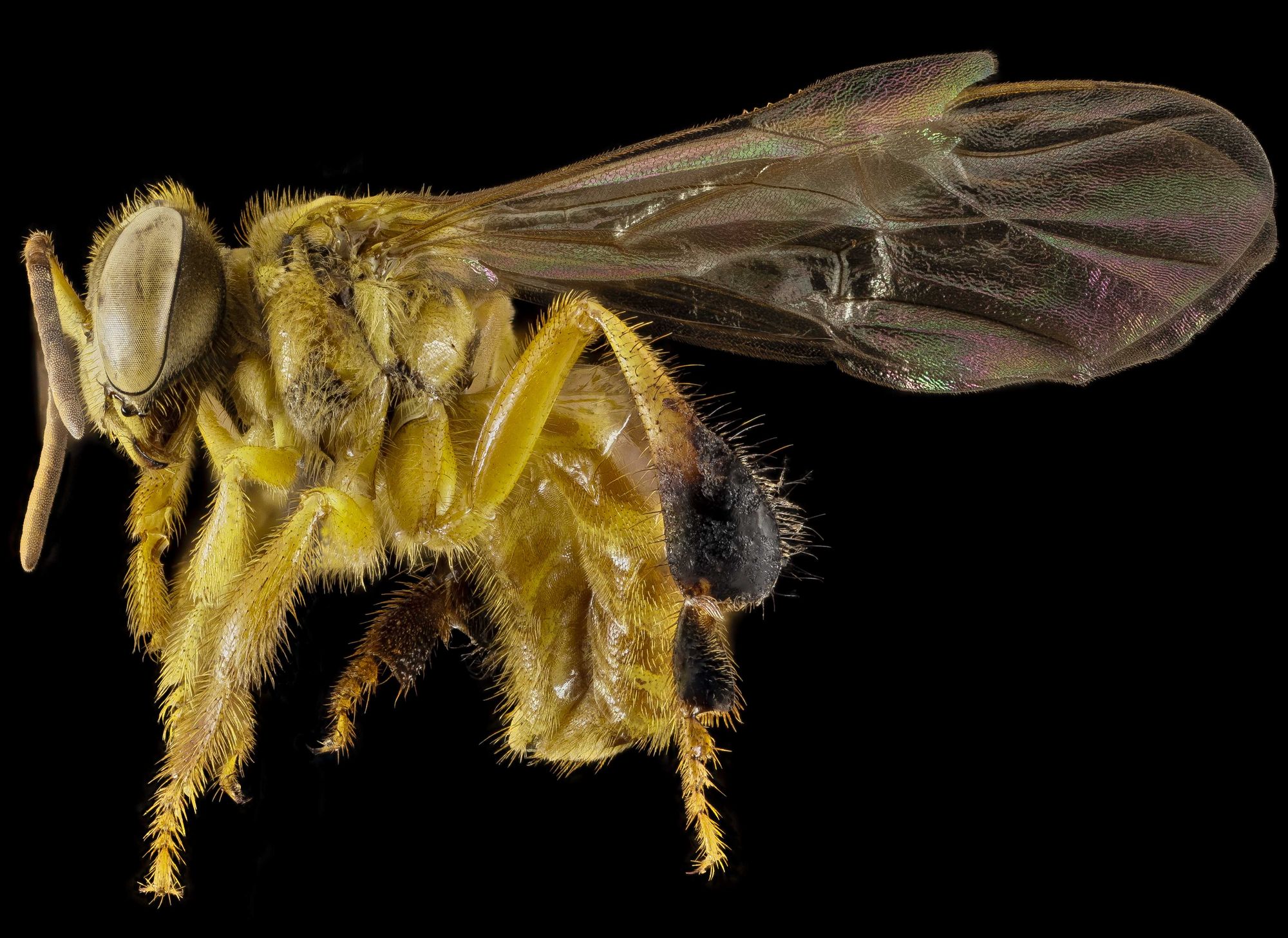Surely, you’ve heard of soy milk, almond milk, coconut milk, cashew milk, maybe even rice milk—but pea milk? Consider the future already here.
Adam Lowry, the Stanford-educated scientist behind Method cleaning products, partnered up with fellow scientist Neil Renninger to make traditional cow’s milk obsolete. While there’s nothing new about nondairy beverages, Lowry and Renninger sought to harness the power of peas to make a plant-based milk that is just as nutritional as the real thing. Don’t get too caught up on the idea of drinking your greens, though. “What makes Ripple unique is not peas,” Lowry said in a recent phone interview. “What makes us unique is that we make the purest plant protein in the world.”
In the process of researching dairy, Lowry discovered a couple of interesting things. For one, people aren’t drinking nearly as milk as much as they used to—nearly 40 percent less per capita since 1970 to be precise. On the flip side, the nondairy beverage business is booming. While that’s great news for the environment and the lactose intolerant, Lowry had a hard time finding even one gram of protein in most alternative milks. That’s a far cry from the 8 grams of protein packed in everyday cow’s milk. Lowry saw a real problem in the way consumers were sacrificing the creaminess of milk without getting the same nutritional benefits.
“Of the top five reasons that people go nondairy, the top four all don’t have anything to do with a dietary restriction,” said Lowry. This signals a powerful, mainstream movement driven by a desire to make better choices. Still, it has to taste good if people are going to drink it. Indeed, “it’s got to be great food first,” said Lowry. “If you create a crappy, thin, chalky, milk substitute that doesn’t have any protein in it, that’s not going to create any real change.”
So, how does pea juice translate to real change exactly? It’s all about the science of extracting quality protein. While all proteins are flavorless to our taste buds, plant-based proteins have a tendency to taste very, well, planty. Renninger drew upon his background in biochemistry to develop a patented technique using different kinds of salts to separate the protein from the rest of the plant matter, leaving you with a flavorless protein that’s easy to manipulate. This is key for any plant-based beverage makers who hope to stand up to dairy and compete on both the taste and nutrition fronts.
[quote position="full" is_quote="true"]milk: (noun) lacteal secretion from a hooved mammal[/quote]
As you might expect, the dairy industry is not thrilled about this. In fact, industry leaders (and Wisconsin Sen. Tammy Baldwin) were pissed enough to introduce the Dairy Pride Act, a bill that aims to define milk as a “lacteal secretion from a hooved mammal.” Apparently milk has a satanic side. While Lowry thinks the bill is “simultaneously hilarious and ridiculous and disgusting,” he admits that the dairy industry has a point. Sure, they’re playing defense, but it’s fair to suggest that not every opaque beverage should benefit from the wholesome connotations surrounding the word “milk.”
It’s from this angle that Lowry hopes to confront the dairy industry head-on. In his eyes, milk—whether it comes from the teat of a cow or a science lab—should be wholesome, nutritious, creamy, and delicious. “Clearly, we have much bigger issues in this country than dairy wars,” he said. Still, it’s worth having the conversation: What is milk anyway? Ultimately, that’s up to consumers to decide.
















 Creativity and innovation are both likely to become increasingly important for young people entering the workplace, especially as AI continues to grow.
Creativity and innovation are both likely to become increasingly important for young people entering the workplace, especially as AI continues to grow.

 Peru stingless bee.USGS Bee Inventory and Monitoring Lab/
Peru stingless bee.USGS Bee Inventory and Monitoring Lab/  Indigenous Peruvian people.Photo credit
Indigenous Peruvian people.Photo credit 
 As mayor of Stockton, Calif., Michael Tubbs ran a pioneering program that provided a basic income to a limited number of residents.
As mayor of Stockton, Calif., Michael Tubbs ran a pioneering program that provided a basic income to a limited number of residents. Martin Luther King Jr. believed Americans of different racial backgrounds could coalesce around shared economic interests.
Martin Luther King Jr. believed Americans of different racial backgrounds could coalesce around shared economic interests.
 A anxiety-free man embracing the dayCanva
A anxiety-free man embracing the dayCanva Two friends embrace each other while laughingCanva
Two friends embrace each other while laughingCanva A woman takes a relaxing bubble bathCanva
A woman takes a relaxing bubble bathCanva
 Confident young womanCanva
Confident young womanCanva
 Women and people of color who experience cardiac arrest are less likely to receive CPR.
Women and people of color who experience cardiac arrest are less likely to receive CPR.
 Self reflection.Photo credit
Self reflection.Photo credit  Older woman touching hands with a younger self.Photo credit
Older woman touching hands with a younger self.Photo credit  Sign reads, "Regrets Behind You."Photo credit
Sign reads, "Regrets Behind You."Photo credit